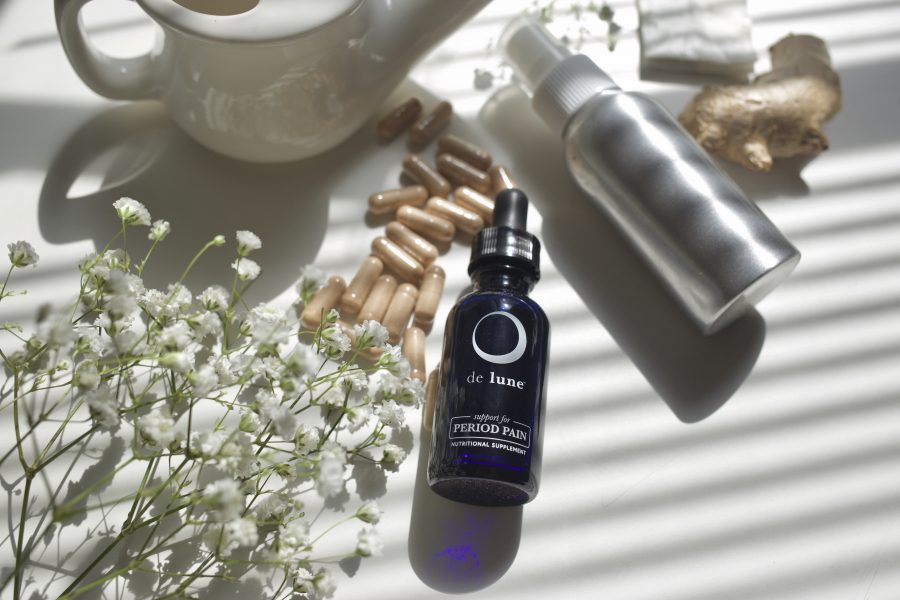After falling sick during her first year at NYU, Sophie Gossack eliminated processed foods, dairy, gluten and artificial sugars from her diet.
“My diet comprises pretty much entirely of anti-inflammatory and vitamin-rich foods,” Tandon senior Gossack said. “I eat primarily plant-based and try to incorporate as many colors in my diet as I can – that’s when I’m getting the most nutrients.”
Some students said they are altering their diets and relying on essential oils to supplement healthy living. While itself not a direct cure for illness, an anti-inflammatory diet can aid in a healthy lifestyle. Foods that fight inflammation include whole foods, such as colorful fruits and vegetables, whole grains, plant-based proteins and fresh herbs and spices, according to a 2018 article from Harvard Medical School.
“Ginger, green tea and berries are my favorite,” said Gallatin sophomore Christina Gayton, who believes eating antioxidant-rich foods boosts her overall well-being.
Antioxidants are molecules that help fight oxidative stress caused by free radicals, or chemicals that damage your cells and their genetic material, according to a Harvard School of Public Health report. Free radicals are released when you consume highly processed foods or toxins and are exposed to sunlight or pollution. Examples of antioxidant-rich foods include berries and dark, leafy vegetables.
Gallatin sophomore Mikaila Roncevich has been eating a whole food, plant-based diet for over three years. The physical benefits are immense — increased energy, better sleep and better muscle growth.
“I notice an enormous difference in how I feel,” Roncevich said. “Eating foods with excess sugar and sodium feels like having a hangover.”
However, CAS sophomore Maren Altman claims the largest benefit she has received from her new diet lies in her mental state. Diet can’t cure depression and anxiety, but it can help alleviate symptoms, according to a 2018 Atlantic article.
“The high frequency carried in these plant foods is much more conducive to emotional and spiritual health than the density of animal products,” Altman said. “My grounding, whole foods diet has facilitated my journey of healing on a much deeper level than the physical.”
Furthermore, Altman incorporates essential oils, which she says enhance her mental health. To get around NYU’s restriction on burning candles or incense in dorms, she acquired an oil diffuser and turned to essential oils.
Essential oils are aromatic compounds extracted from plants, and they contain a plant’s essence, or its scent and flavor. These are used in aromatherapy, a form of alternative medicine. While some oils have proven benefits, the risks are not fully evaluated, according to a 2018 Time article which draws on a National Institute of Health study.
“Using specific scents, either diffused or straight on the skin, can bring powerful shifts,” Altman said. “I often diffuse peppermint essential oil in the morning to wake me up a bit and rub a few drops of lavender oil on my neck and on the soles of my feet to calm me before bed.”
Tandon sophomore Rhea Patteri said essential oils relieve her anxiety.
“Essential oils have the ability to work with depression, panic attacks, stress, insomnia and anxiety,” Patteri said. “The fact that they are a natural alternative is only more appealing.”
Remember to use all medication safely and always follow the advice of healthcare professionals.
A version of this article appears in the Monday, April 22, 2019, print edition.
Email Amina Frassl at [email protected].
























































































































































